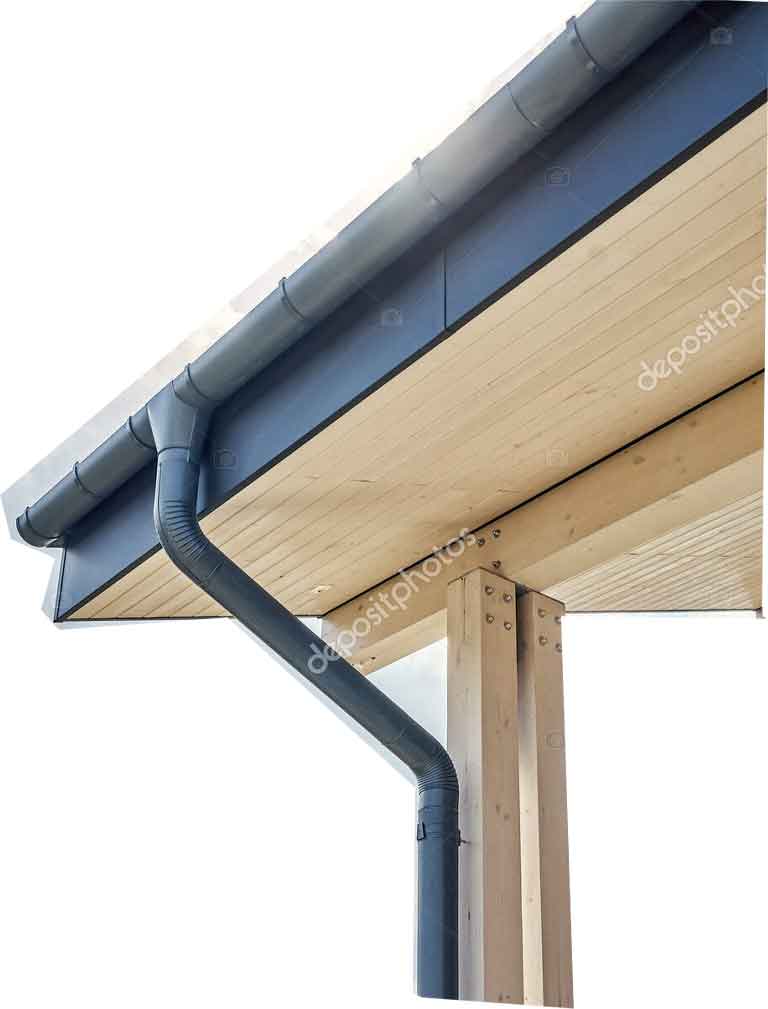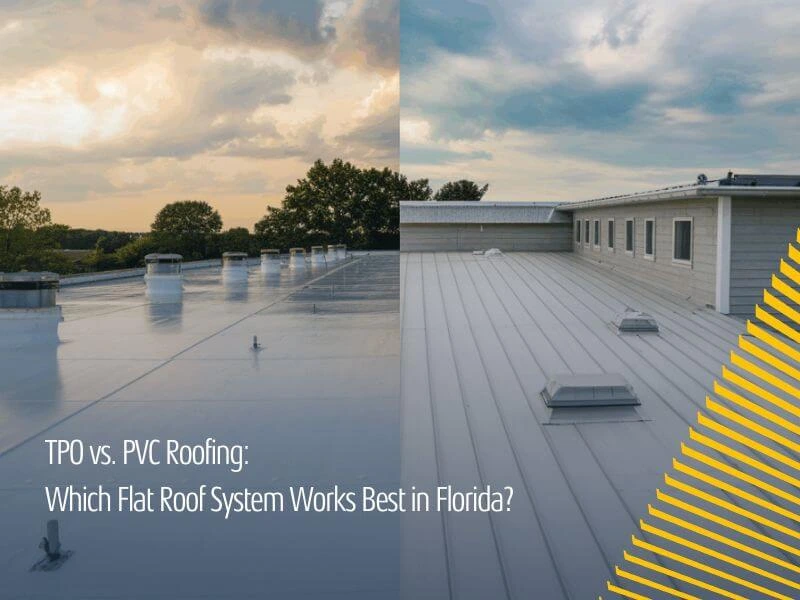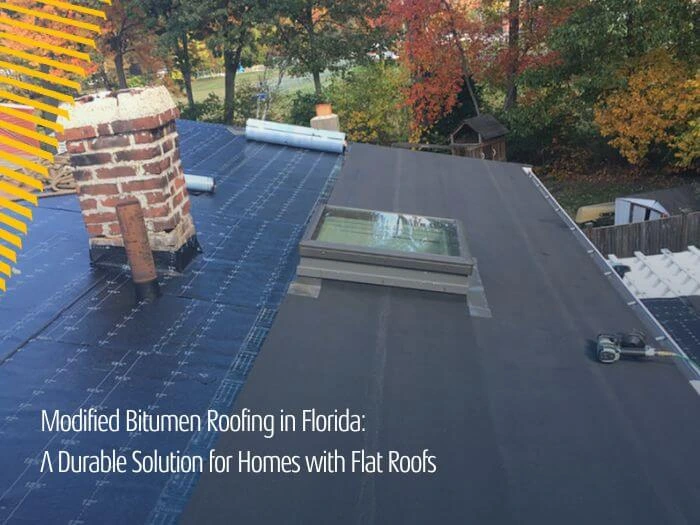A roof warranty is a written guarantee from a manufacturer or roofing contractor that covers defects in roofing materials, installation errors, or both, for a set period of time. The main types are manufacturer warranties (materials), workmanship warranties (installation), and comprehensive warranties (both). For Florida homeowners, choosing the right warranty, ideally with coverage tailored for heat, humidity, and storms, ensures long-term protection and peace of mind for your roofing investment.
What Is a Roof Warranty and Why Does It Matter?
When you install a new roof, you’re not just buying shingles, you’re purchasing protection for one of your home’s most essential systems. A roof warranty is a formal agreement between you (the homeowner) and the warranty provider, either the roofing contractor or the manufacturer, that defines what will be repaired or replaced if issues arise.
A roof is a significant investment, and warranties are essential to safeguard that investment. They can cover defects in roofing materials, poor installation, or both, depending on the type of warranty. Without a solid warranty, even minor roofing issues could lead to major repair bills.
Roof warranties provide peace of mind because they offer assurance that, should defects in the roofing materials or workmanship occur, you won’t bear the full financial burden. However, warranties can vary widely in their coverage terms, length, and conditions for claims. That’s why it’s essential to understand not just what a warranty covers, but also what it doesn’t cover.
In the world of roof warranties, it’s common to see homeowners confuse manufacturer warranties with workmanship warranties. While both have value, each plays a different role in protecting your roofing investment. We’ll break down these differences later so you know exactly where your coverage begins and ends.
Types of Roof Warranties Every Homeowner Should Know
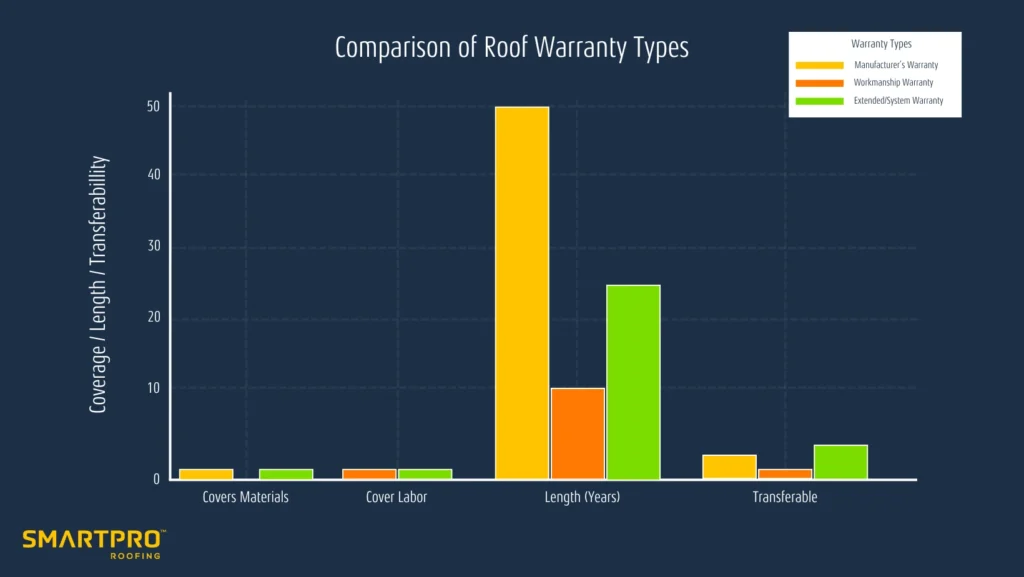
When it comes to protecting your roof, there are three main types of warranties to understand:
Manufacturer Warranties
Manufacturer warranties are typically provided by the roofing material manufacturer. They cover defects in the roofing materials themselves, issues like premature shingle cracking, granule loss, or manufacturing defects in roofing materials.
For example, asphalt shingle warranties often range from 20 years to a lifetime, depending on the quality of the material and the manufacturer’s policies. Some even offer extended warranties that upgrade coverage to include labor costs for material replacement.
Workmanship Warranties
Workmanship warranties are provided by the roofing contractor and cover defects resulting from installation errors. Even the best roofing materials can fail if installed incorrectly, so this type of warranty is crucial.
Workmanship warranties typically last from 2 to 10 years, but reputable roofing companies sometimes offer longer warranties to provide extra peace of mind.
Comprehensive Coverage Warranties
Some roofing companies and manufacturers offer comprehensive coverage warranties that combine both material and workmanship protections into one. This can be ideal for homeowners who want full assurance that their roof will be covered for almost any scenario, from defects in roofing materials to errors in installation.
What Does a Roof Warranty Typically Cover?
Understanding warranty coverage is essential to avoid unpleasant surprises later. While every warranty varies, most cover these core areas:
- Defects in Roofing Materials: This includes shingles, underlayment, flashing, and sometimes ventilation components if they were part of the original roofing system.
- Workmanship Errors: Poor alignment, improper sealing, or faulty fastener placement fall under this category when a workmanship warranty applies.
- Labor Costs: Some extended warranties cover the cost of labor for replacing defective materials, while others only replace the materials themselves.
That said, warranties often have limitations. For example, a warranty may not cover damage caused by severe weather, improper roof maintenance, or unapproved modifications to the roofing system.
It’s essential to understand these exclusions because they can impact your roof’s protection. For instance, if you hire an unqualified contractor for repairs, your warranty may become void. Knowing what the warranty covers and the conditions required to maintain coverage is key to long-term protection.
What Roof Warranties Don’t Cover (And Why)
Just as important as knowing what a warranty covers is knowing what it doesn’t cover. These exclusions help warranty providers avoid paying for issues outside their control:
- Acts of Nature: Hailstorms, hurricanes, and earthquakes usually aren’t covered unless you have specific storm damage insurance.
- Improper Maintenance: If you fail to perform regular roof maintenance, like clearing debris or checking for leaks, you risk voiding your coverage.
- Unauthorized Repairs: Warranties typically cover the cost of labor only if the work is done by an authorized roofing contractor.
- Normal Wear and Tear: Every roof experiences gradual wear over time, which is not covered under most warranties.
While exclusions might seem frustrating, they’re standard in the industry. By knowing them upfront, you can take proactive steps, like scheduling annual inspections with a reputable roofing company, to maintain coverage and extend the life of your roof.
How to Choose the Right Roofing Warranty for Your Home
Selecting the right warranty isn’t just about picking the one with the longest term, it’s about choosing coverage that matches your roofing needs and budget.
Here’s how to decide:
- Consider Your Roofing Material: Asphalt shingle warranties differ from metal roofing warranties. Always review the warranty terms for your specific material.
- Check Contractor Reputation: A warranty is only as good as the company behind it. Choose a reputable roofing contractor with a history of honoring claims.
- Understand the Fine Print: Look for clauses about warranty claims, coverage limitations, and maintenance requirements.
- Weigh Extended Warranties: Extended warranties can provide peace of mind, especially if you plan to stay in your home for decades.
When it comes to roofing, warranties are essential to protect your investment. The right warranty ensures you’re covered for defects in roofing materials and workmanship issues, while also offering you the reassurance that you can handle unexpected problems without breaking the bank.
For example, our own SmartPro warranties detail both material and workmanship coverage.
Factors That Impact Your Roof Warranty Coverage
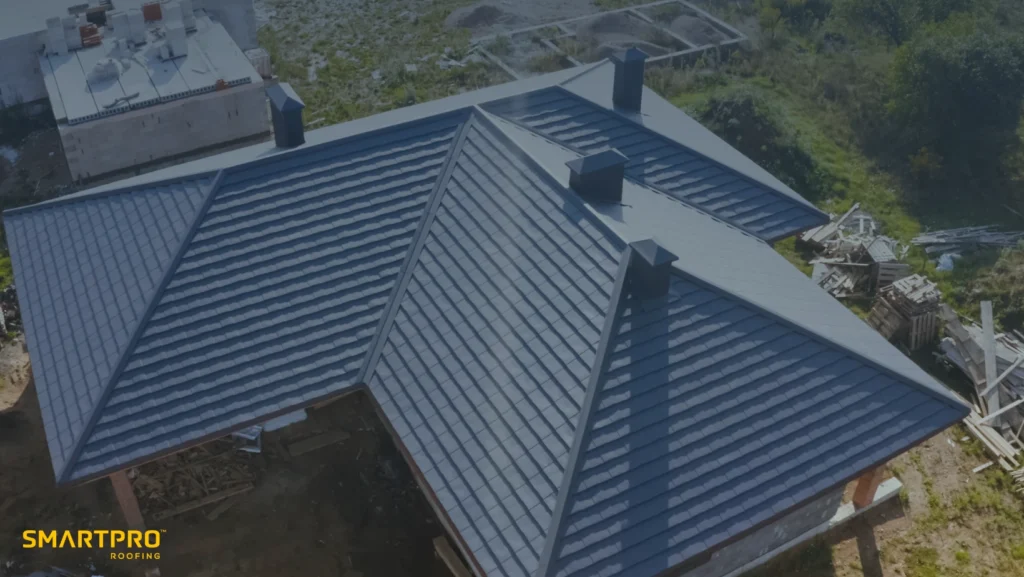
Not all roof warranties are created equal, and several factors influence how much protection you actually get.
Installation Quality
Even the best roofing materials can fail if they’re not installed correctly. Workmanship warranties cover these issues, but only if the installation was done by a certified or reputable roofing contractor. If your installer isn’t authorized by the manufacturer, your manufacturer warranties may be voided from day one.
Type of Roofing Material
Different roofing materials come with different coverage lengths and terms. Asphalt shingle warranties might last 20–50 years, while high-end metal roofing warranties can exceed 50 years. Knowing the type of roofing you have is essential to understanding your warranty terms.
Maintenance Practices
A warranty may require regular inspections and maintenance to remain valid. If you skip annual inspections or ignore small leaks, the warranty provider could reject your claim. This is why roof maintenance is more than just a good habit, it’s a requirement.
Climate and Weather
Extreme heat, heavy snow, and frequent storms can all impact your roof. Some warranties have special exclusions for climate-related wear, so review the warranty to understand exactly how these conditions may affect coverage.
Manufacturer Warranties vs. Workmanship Warranties
Understanding the differences between manufacturer warranties and workmanship warranties is crucial for homeowners.
- Manufacturer Warranties: Cover defects in roofing materials. For example, if your shingles begin curling or cracking prematurely due to manufacturing defects, the manufacturer’s warranty ensures you get replacement materials.
- Workmanship Warranties: Cover installation errors. If your roof develops leaks because flashing wasn’t properly sealed, this warranty ensures repairs are made.
Material and workmanship warranties can sometimes overlap if you have a comprehensive warranty package, but they usually cover separate issues. Warranties can vary widely between providers, so never assume one type automatically includes the other.
A comprehensive warranty that combines both types offers the best overall protection, but these tend to come at a higher cost. Still, if your roof is a significant investment, it’s often worth the extra expense for the peace of mind it provides.
Extended Warranties: Are They Worth It?
Extended warranties go beyond the standard coverage period and often include labor costs in addition to materials. They can be purchased from either the manufacturer or the roofing company.
Pros:
- Longer warranties mean your roof is covered for decades.
- They often include full warranty coverage for both materials and labor.
- Some plans include regular roof inspections as part of the package.
Cons:
- Higher upfront cost.
- Strict maintenance requirements to maintain coverage.
If you’re planning to stay in your home long-term, an extended warranty can be a smart move to protect your investment. However, if you plan to move in a few years, it might not be worth the expense.
How to File a Roof Warranty Claim
Filing a warranty claim doesn’t have to be complicated, but it does require preparation.
Step 1: Review the Warranty
Before contacting the warranty provider, read the warranty terms to understand what’s covered and what documentation is required.
Step 2: Gather Evidence
Take photos of the damage, note the date you discovered it, and gather receipts for roof installation or maintenance work. This helps prove you’ve maintained coverage according to the contract.
Step 3: Contact the Warranty Provider
Reach out to the roofing company or manufacturer directly. Explain the issue clearly and provide all necessary evidence.
Step 4: Follow Up
Keep records of all communications. Some warranty providers have strict timelines for responses, so be proactive in checking the status of your claim.
Remember: A warranty ensures you’re not left paying for repairs that fall under the coverage, but it’s up to you to follow the proper steps to make sure your claim is approved.
Tips for Maintaining Your Roof Warranty
Your warranty is only as good as your ability to keep it valid. Here are key steps to maintain coverage:
- Schedule Regular Inspections: Have a reputable roofing contractor inspect your roof annually.
- Document Maintenance: Keep detailed records of all inspections, repairs, and cleanings.
- Avoid DIY Repairs: Unauthorized repairs can void your warranty.
- Address Issues Quickly: Small leaks or damage can lead to bigger problems and voided coverage if ignored.
Warranties provide peace of mind, but only if you meet the provider’s requirements. By maintaining your roof properly, you ensure that your roof warranties offer full protection throughout the life of your roof.
Common Mistakes Homeowners Make With Roof Warranties
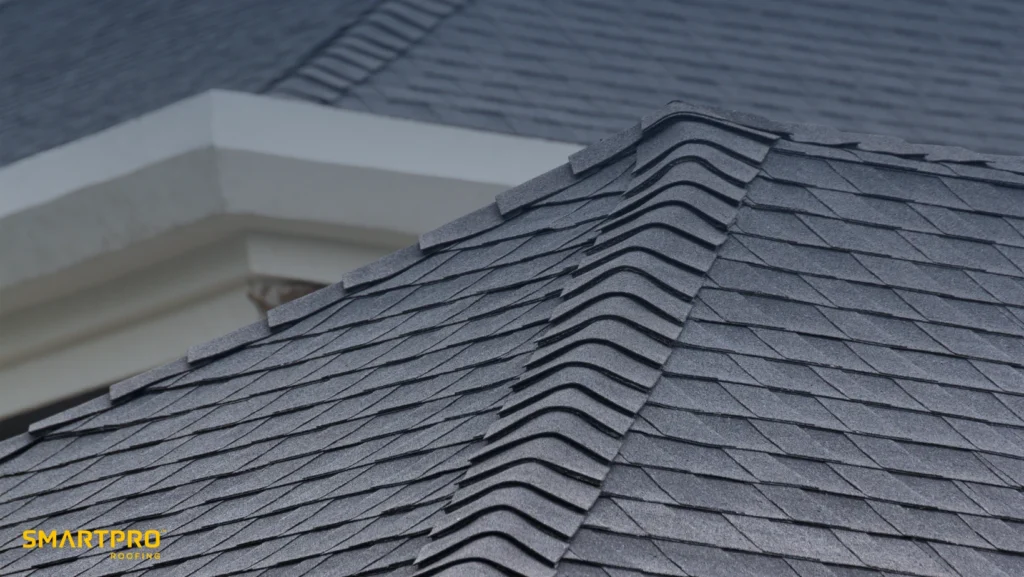
Even the best roof warranties can fail to protect you if you make certain mistakes.
Failing to Read the Fine Print
Many homeowners skip reading the warranty terms and assume they’re fully covered for any roof problem. Unfortunately, this leads to disappointment when a claim is denied due to exclusions or maintenance requirements.
Ignoring Maintenance Requirements
Warranties typically cover the cost of repairs or replacements only if you’ve kept up with required maintenance. Skipping inspections or cleaning can void your coverage.
Choosing the Wrong Contractor
Your warranty may require installation or repairs to be performed by an authorized roofing contractor. Hiring a cheaper, unqualified contractor could make your warranty invalid.
Avoiding these mistakes is part of making informed decisions about your roofing and ensuring your coverage remains intact.
The Role of the Roofing Contractor in Your Warranty
A reputable roofing contractor is essential in protecting your investment. Warranties are often provided by the roofing contractor themselves or require their approval for repairs.
- Installation Quality: A qualified contractor ensures the roof is installed correctly, avoiding future warranty issues.
- Warranty Documentation: They help register your warranty with the manufacturer and explain its terms.
- Claim Assistance: Contractors often assist homeowners in filing warranty claims, making the process smoother.
A reputable roofing company will not only deliver quality work but will also help you navigate the intricacies of roofing warranties to ensure your investment is fully protected.
SmartPro’s Florida Expertise in Roof Warranties
If you’re a Florida homeowner, your roofing needs are unique. The combination of intense heat, year-round humidity, heavy rainfall, and hurricane season means your roofing system faces more challenges than in many other states.
SmartPro Roofing offers specialized Florida roofing services designed to address these exact conditions, from installing hurricane-rated materials to providing routine maintenance plans that help keep warranties valid. They understand how manufacturer’s warranties and workmanship warranties apply in Florida’s extreme climate and can guide you toward coverage that’s both practical and protective.
By working with a Florida-based roofing company familiar with state building codes, coastal wind ratings, and coverage limits in storm-prone areas, you can ensure your roofing investment is backed by the right protection for the life of your roof. SmartPro doesn’t just install roofs, they help homeowners maintain them so warranties remain in full effect even after severe weather events.
How Roof Warranties Impact Your Home’s Value
A transferable roof warranty can increase your home’s resale value. Potential buyers see it as a sign that the roof is a significant investment that’s been well-protected.
Warranties offered by reputable companies often allow one transfer to a new owner, which means the roof warranties provide peace to future homeowners as well. This is particularly attractive in competitive housing markets, where small advantages can close the deal faster.
Making the Right Roofing Warranty Decision
When it comes to roofing, there’s no one-size-fits-all solution for warranties. You must weigh:
- Your type of roofing material.
- Your location and climate.
- How long you plan to stay in the home.
- The right roofing warranty for your budget and needs.
The primary types of roof warranties each serve a purpose, but a comprehensive warranty that covers both materials and workmanship gives you the best long-term security.
BONUS: Tips for Protecting Your Roof Warranty
- Schedule regular roof inspections
- Keep records of maintenance and repairs
- Register your warranty with the manufacturer immediately
- Avoid unapproved add-ons like satellite dishes or solar panels without consulting your roofer
Still have questions? Check out our comprehensive roof replacement tips to stay informed from the beginning of your roofing journey.
Ready to Protect Your Roof Investment?
Your roof is one of the most important investments you’ll make, and choosing the right warranty ensures that investment is protected for years to come. At SmartPRO Roofing, every project is backed by certified workmanship and strong warranty coverage, paired with premium materials and precision installation designed for Florida’s climate.
With our SmartQuote Tool, you’ll see your exact pricing in under an hour using advanced satellite imagery, so you can compare options with confidence.
Take the next step toward long-term peace of mind. Check out real customer results on our testimonials page and see how SmartPRO Roofing stands behind every roof we install.
FAQs
- What are the main types of roof warranties?
The three main types are manufacturer warranties, workmanship warranties, and comprehensive coverage warranties. - How long does a typical roof warranty last?
It varies from 10 years for workmanship warranties to 50 years or more for high-end manufacturer warranties. - Are roof warranties transferable to a new homeowner?
Many are, but transfer rules vary, always check the warranty terms. - What voids a roof warranty?
Improper maintenance, unauthorized repairs, and hiring non-certified contractors can void a warranty. - 5. Do roof warranties cover storm damage?
Usually not, storm damage is typically covered under homeowners’ insurance, not roof warranties.



